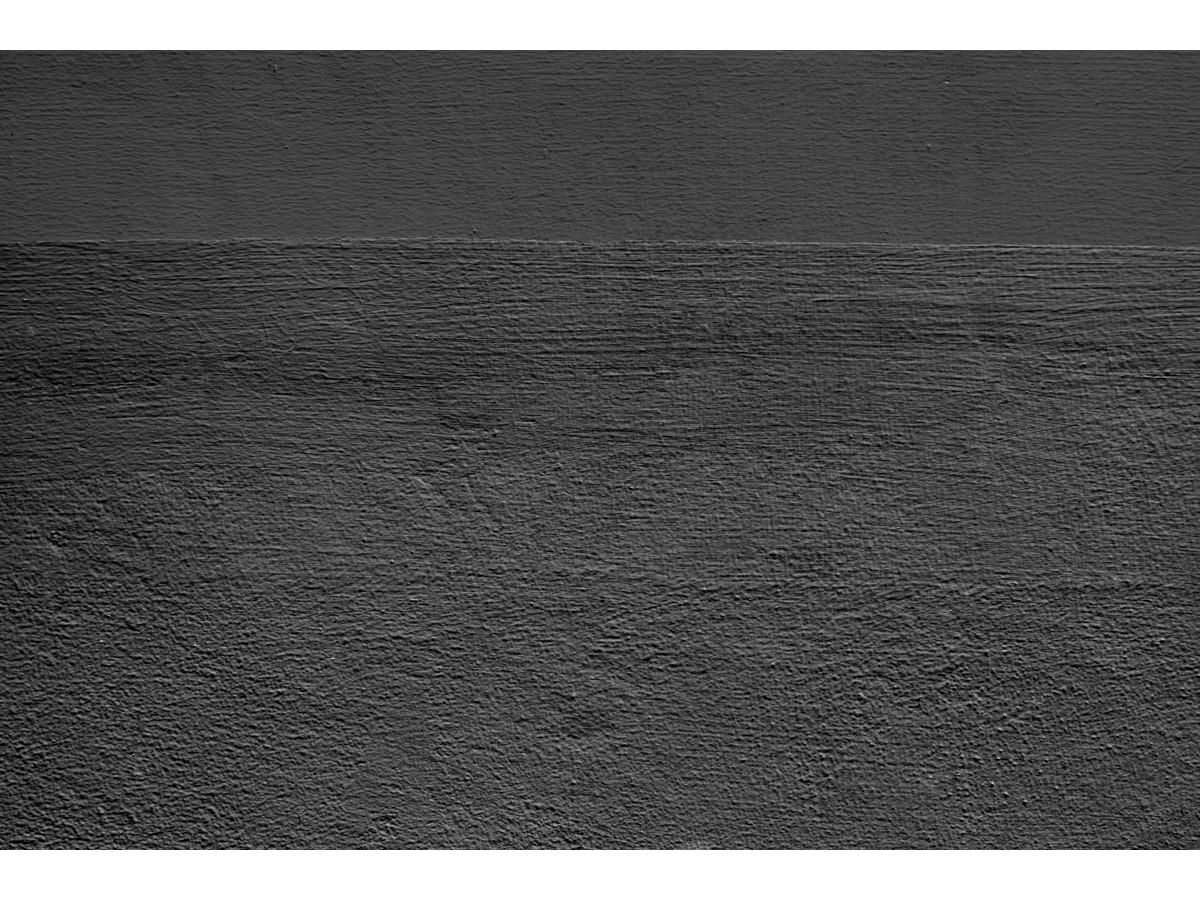Paronite – is a sheet material made from a mixture of rubber, asbestos and other components. It is designed for tightness, insulation, sealing, and is used in various industries. The material is durable, practical, reliable, resistant to the negative impact of environmental factors, and is not afraid of aggressive environments or wear. We suggest that you familiarize yourself in more detail with its advantages, varieties and selection rules.
Types of paronite
Paronite is divided into several types, each with its own individual qualities:
- General purpose: The material can come into contact with various substances and working environments.
- Acidic: Paronite is ideal for use in extreme conditions and is not affected by acidic substances.
- Elemental: Paronite is used as a connection for various galvanic parts and in environments with a high content of aggressive alkalis.
- Reinforced: The material gains strength by adding a metal mesh to its structure.
- For gasoline and oil: Paronite easily withstands the effects of fuel and oil, and is used in environments where there is constant contact with all types of these substances.
- For diesel engines: Paronite often contains a reinforcing mesh, which serves to connect diesel parts.
- For carburetors: Paronite serves as a seal for the connection of a carburetor type motor. The reinforcing frame provides maximum strength.
Due to the wide range of varieties, you can choose paronite that meets specific tasks and goals. It is suitable for use in aggressive environments, does not deform or collapse, and can withstand significant loads.
Advantages of using paronite today
If you need a material with specific characteristics, paronite will be the ideal option. Its popularity is due to the following advantages:
- Excellent elasticity: The material is quite plastic and flexible, retains its original shape and characteristics even under mechanical and chemical influences.
- Resistance to deformation: Paronite does not break down when exposed to high or low temperatures. Does not lose its performance properties when working in aggressive environments, is not afraid of mold and fungus. Suitable for contact with water, nitrogen, alcohol and other substances.
- Safety: This material does not harm human health, is completely environmentally friendly. Even under the influence of chemical exposure, it does not emit harmful toxins.
- Versatility: Paronite is suitable for use in various industrial sectors (metallurgy, chemical, oil and gas, etc.).
Paronite is considered an effective and durable material, optimal for performing tasks regardless of their complexity. It is durable, wear-resistant, and has excellent performance characteristics.
How to choose paronite
When choosing paronite, you need to consider the following criteria, otherwise the material will not meet your preferences and requirements:
- Operating conditions: If you need high-quality insulation, paronite is suitable for air environments, can be used in liquid nitrogen and oxygen, in heavy and light oil industry, in fresh water. The selected type must correspond to the established temperature limit and pressure.
- Surface features: Paronite has limitations regarding roughness. Sheets must be perfectly smooth, without any defects. The thickness of the material, depends on the specified limits, must not exceed the established indicators.
- Characteristics: Do not forget about physical, chemical, mechanical and geometric features. Paronite sheets must meet the requirements and not have any swelling or cracks.
Taking these factors into account, you will easily select a material suitable for the set goals and objectives. Paronite is an effective and durable material, completely safe, optimal for various types of industry.
Conclusion
Paronite is suitable for various industries due to its practicality, reliability, durability, resistance to aggressive substances and premature wear. It is resistant to sudden temperature changes, provides reliable insulation and tightness. This material is environmentally friendly, does not contain toxins, does not cause harm to health. It can contact with various substances, is not afraid of alkalis, fungus and mold. When choosing, consider the operating characteristics, temperature range, conditions of use. Correctly selected material guarantees reliability and efficiency of work.

